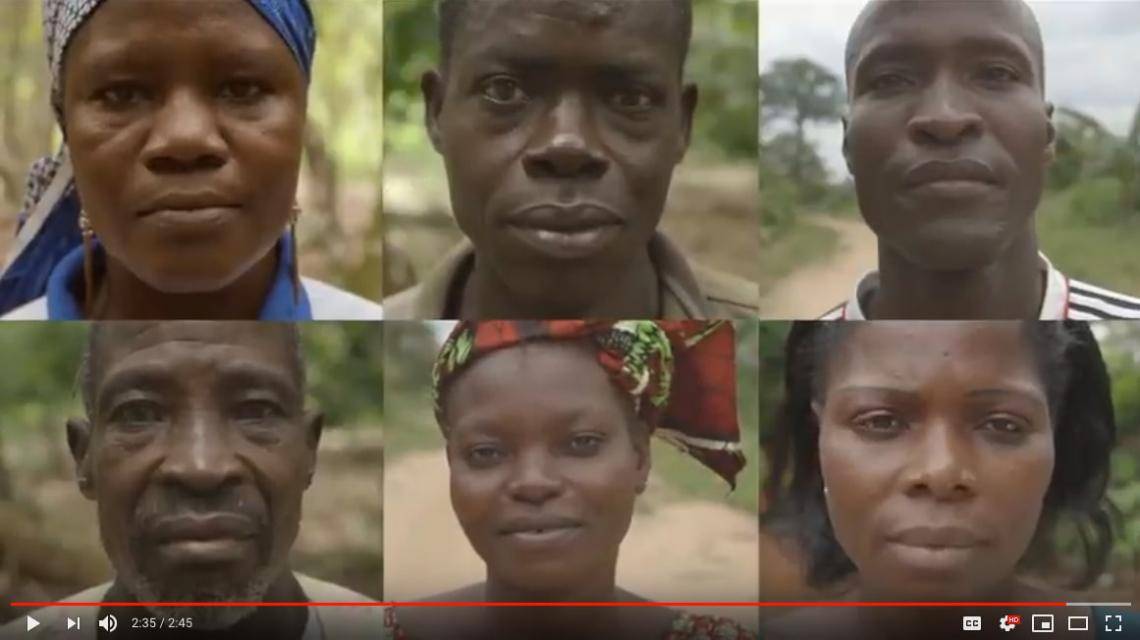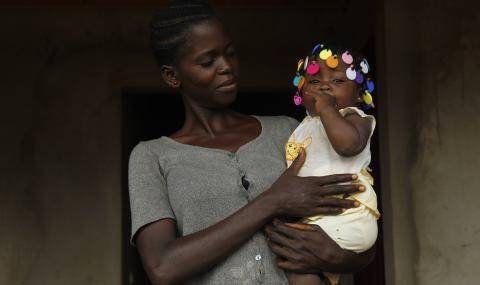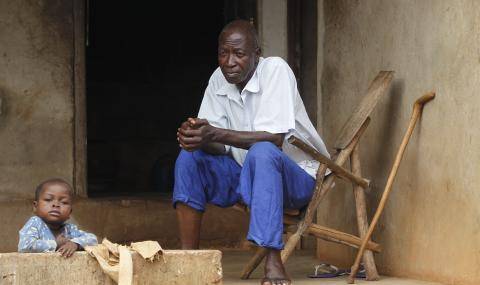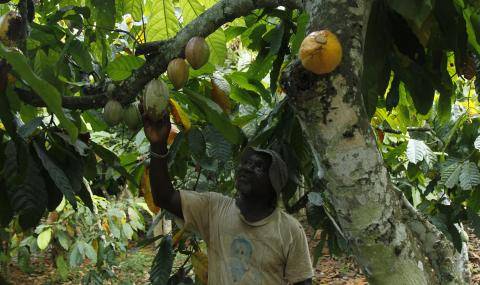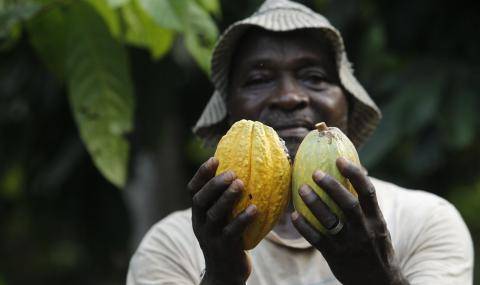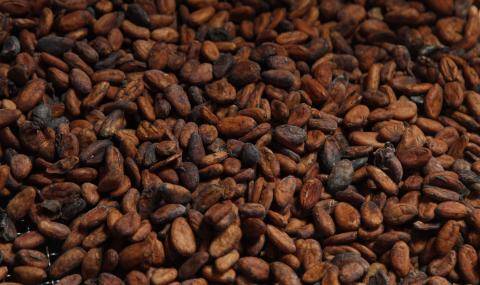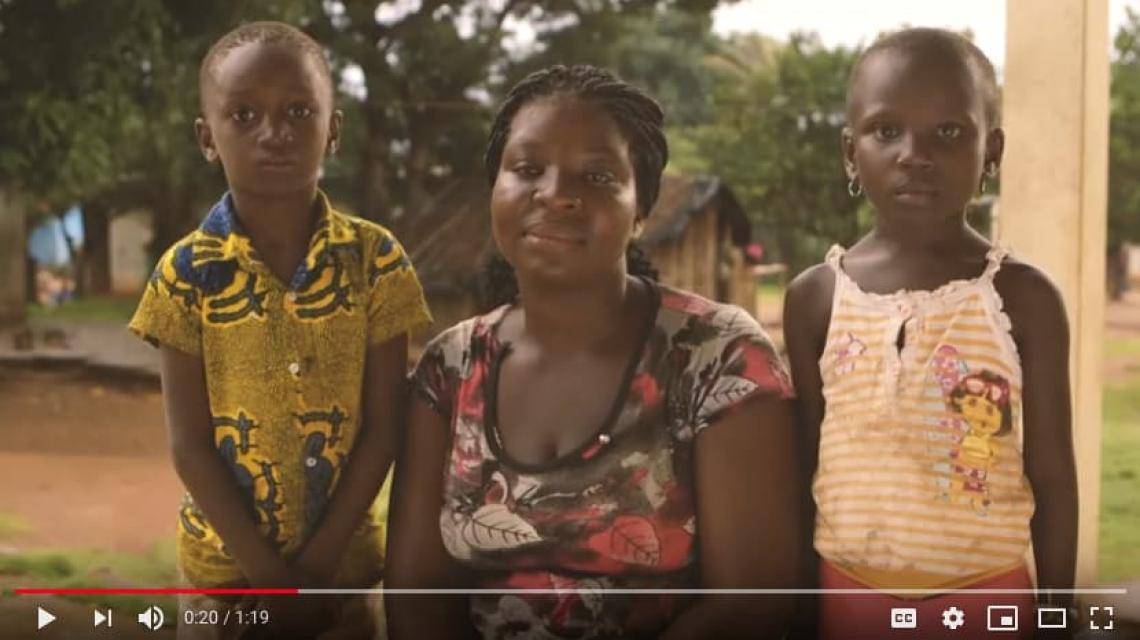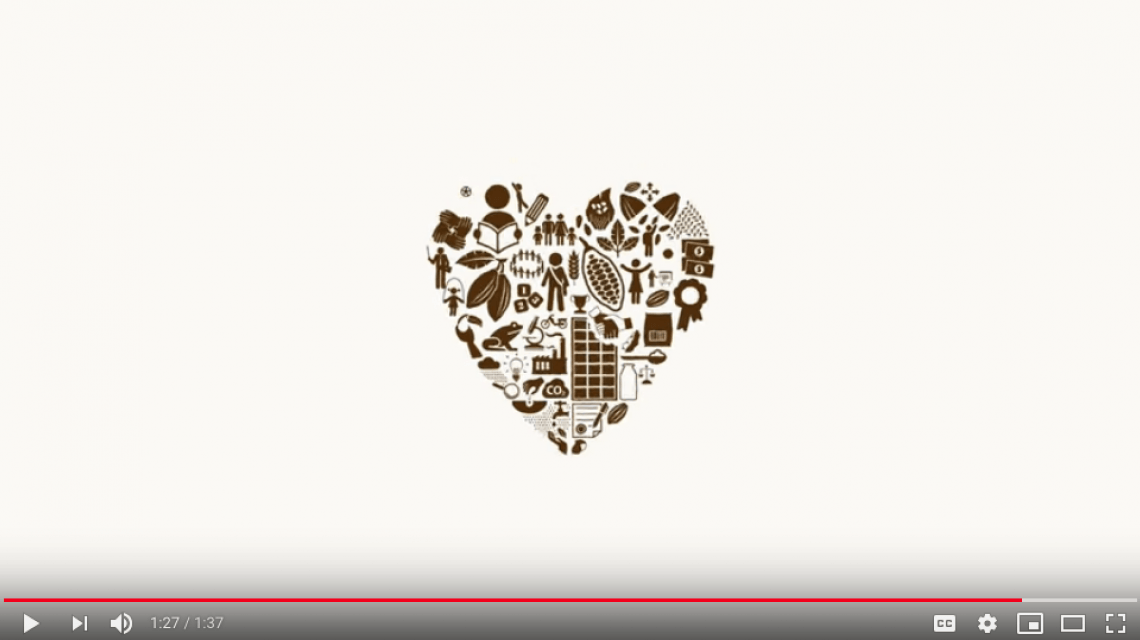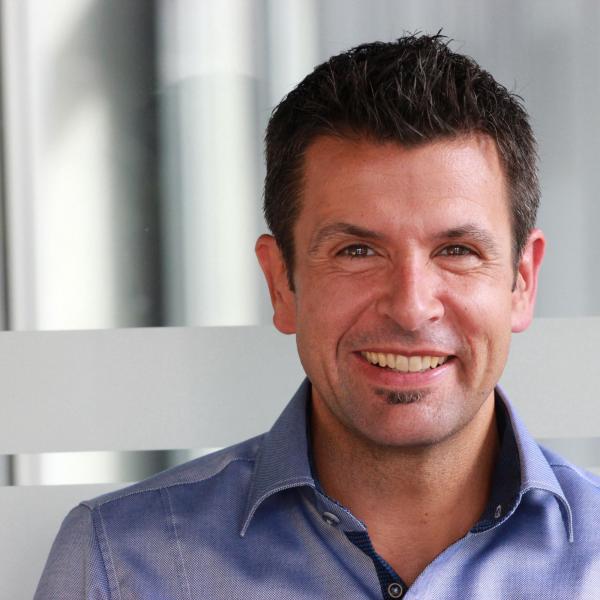It's time to take bold steps forward!
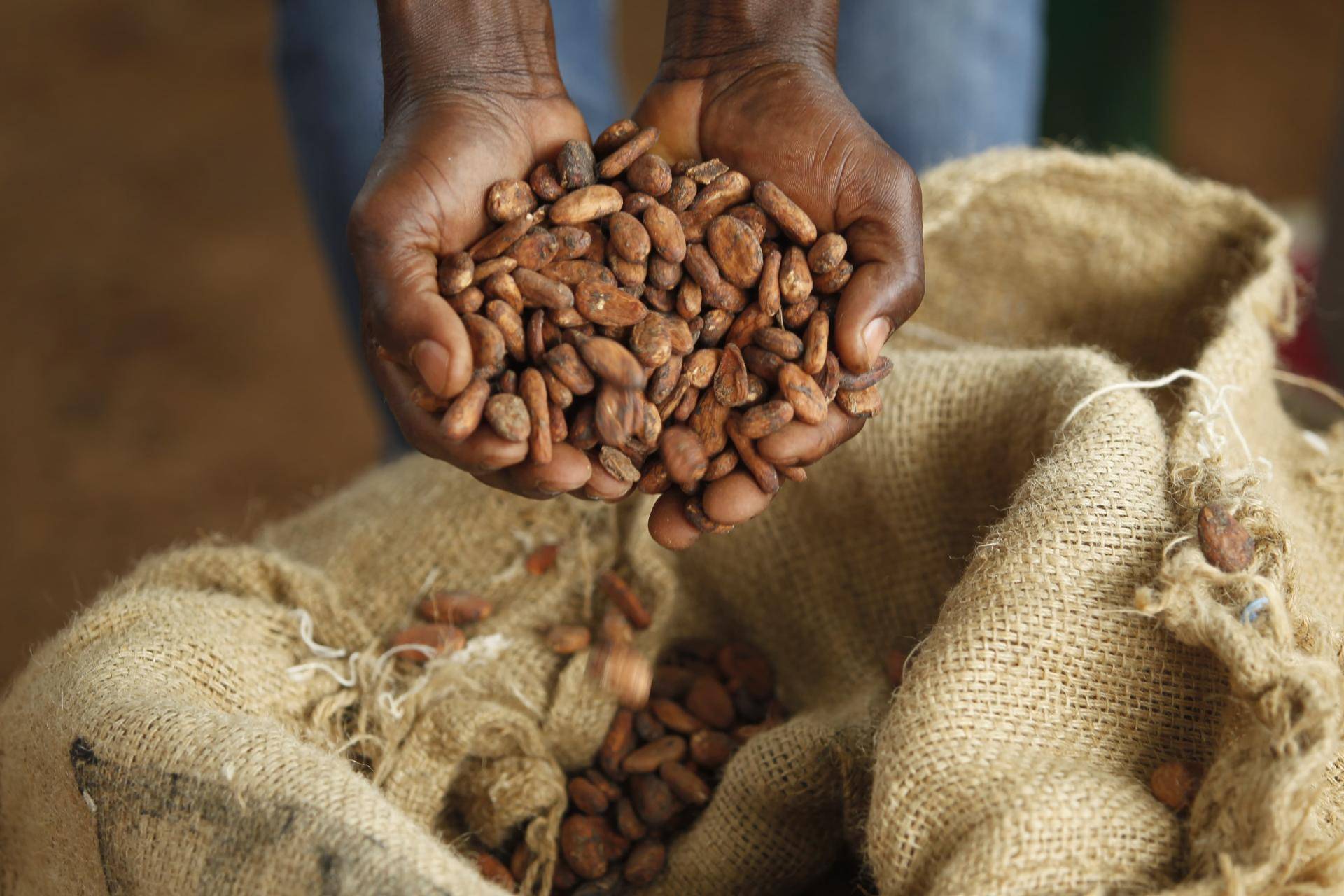
It's time to take bold steps forward!
Travelling to West Africa, where 70% of the world's cocoa is grown, reveals that today's cocoa supply faces manifold challenges. Challenges whose impacts are not limited to the about 2 million cocoa farmers in West Africa. It also affects all of us in the chocolate consuming countries in Europe, the Americas or Asia. And we mean all stakeholders spanning the cocoa supply chain - from the cocoa and chocolate industry, governments, NGOs up to the end consumer buying a chocolate tablet in his or her favorite super market. Basically, there might not be chocolate forever if we don't address challenges like: aging trees, low farm productivity, farmers living in poverty, the existence of child labor or young people who don't want to become cocoa farmers anymore.
To find out more about the challenges and how to overcome them, let's start from the very beginning of the cocoa supply chain, let's visit a cocoa farmer in Côte d'Ivoire.
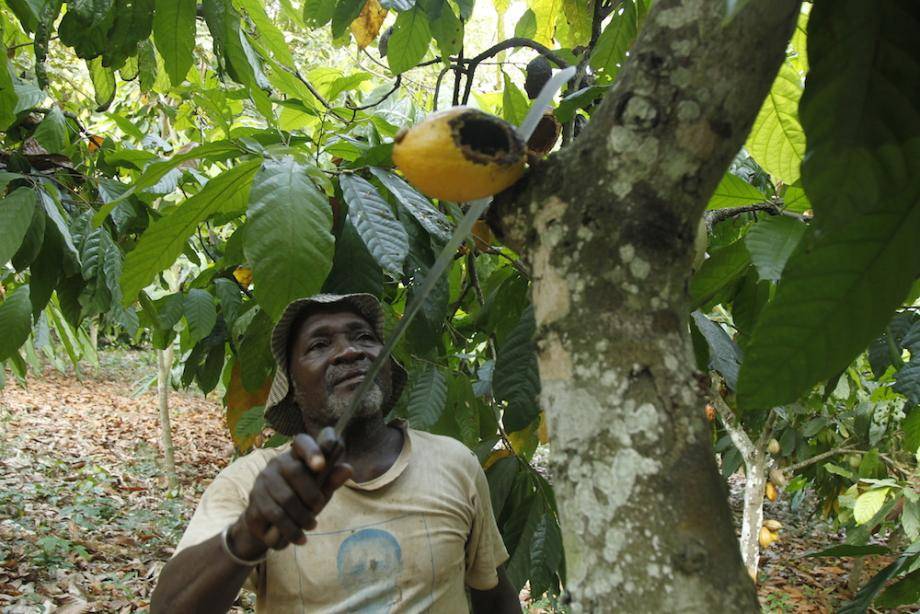
Poverty and low productivity the main challenges - not to forget child labor!
On an average cocoa farm in Côte d'Ivoire, a farmer produces approx. 400 to 500 kg cocoa during a year. This compares to 1 to 2 tonnes a year in other cocoa growing regions such as Latin America. The rather low productivity on Ivorian cocoa farms is the result of poor agricultural practices, nutrient depleted soil and aging cocoa trees. As a consequence, the average cocoa farmer's income is significantly below the World Bank's extreme poverty line of USD 1.90 per day. Such low income makes it impossible for farmers to live, first of all, a decent life, but also to invest in their farms or into new practices to increase productivity which would boost their income. The extreme poverty also keeps farmers from hiring professional workers, forcing them to rely on their family members, including their children. The latest Tulane Report says there are more children working in cocoa than ever - it is estimated that more than 2 million children are working on cocoa farms in Côte d'Ivoire and Ghana. As a leading company in the chocolate industry we will not accept this as a given - and frankly, nobody should! However, child labor is a multidimensional challenge. Monitoring is not easy given the smallholder farm structure of West African cocoa farms. Families living below the poverty line cannot send their children to school - sometimes also birth certificates are missing, a precondition for school enrollment in Côte d'Ivoire for example. On top, there is still no widespread awareness among farmers that letting children do dangerous work is forbidden. That is why, tackling poverty is a key challenge to overcome, both for cocoa farmers but also for fighting child labor.
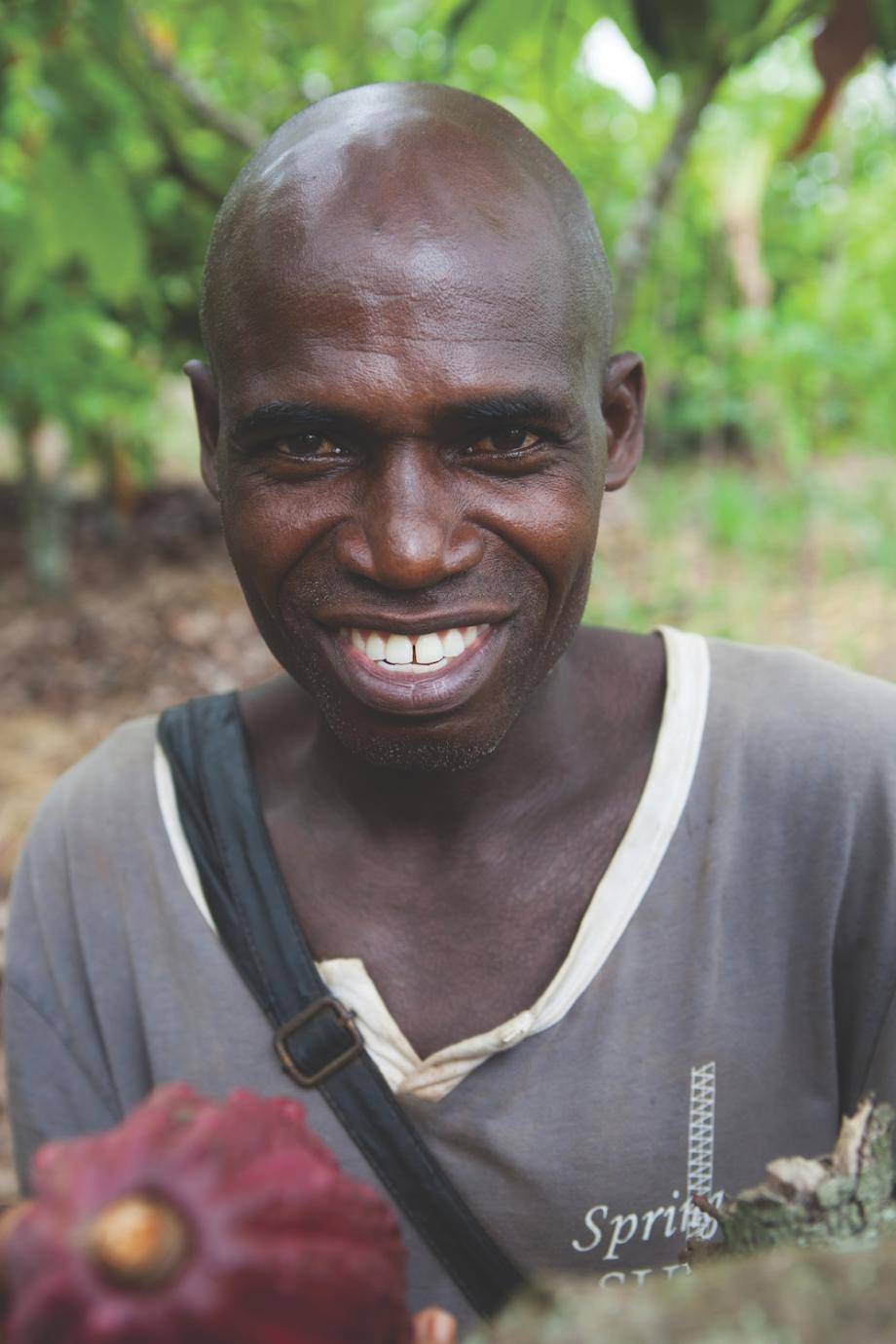
Brega Bi Kouadio Appolinaire, cocoa farmer, Côte d'Ivoire, joined Barry Callebaut's Cocoa Horizons program a year ago.
Small things can change a cocoa farmer's life
Brega Bi Kouadio Appolinaire is one of the over 800,000 cocoa farmers in Côte d'Ivoire, with a 40% share the world's biggest cocoa origin. Brega is around 40 years old and maintains a cocoa farm of 3 hectares close to the country's political capital, Yamoussoukro. Many of his cocoa trees are nearly 20 years old - twice the best age of a cocoa tree. Over the last few years, he struggled to get a decent living out of his cocoa farm. A year ago, Brega joined Barry Callebaut's “Cocoa Horizons” program. Through this, he received training in good agricultural practices, as well as business skills. It's all about showing Brega how he can increase his cocoa farm's productivity applying modern agricultural techniques. Barry Callebaut trainers introduced him for example to pruning techniques helping him to maintain his cocoa trees in the right shape, triggering the trees to better flourish and yield more. Thanks to “Cocoa Horizons”, Brega also received new cocoa trees replacing some of his oldest trees. Within five to six years they will bear their first cocoa pods. But already now, he can harvest more cocoa on his farm. Thus, he was able to generate more income and was able to reinvest parts of the profits into further rejuvenating his farm.
It's hard to make a living from cocoa. Many people don't want to work on the land because they don't earn enough to survive from cocoa alone. But that has changed for me. As a registered Cocoa Horizons farmer, I get trained in good agricultural practices and business skills. I have improved the quality and quantity of my cocoa with these practices. When you do things right, when you look after a cocoa tree like you would look after your family, you can earn good money doing a respectable thing. I feel proud that i can say to my children, this is a good profession.
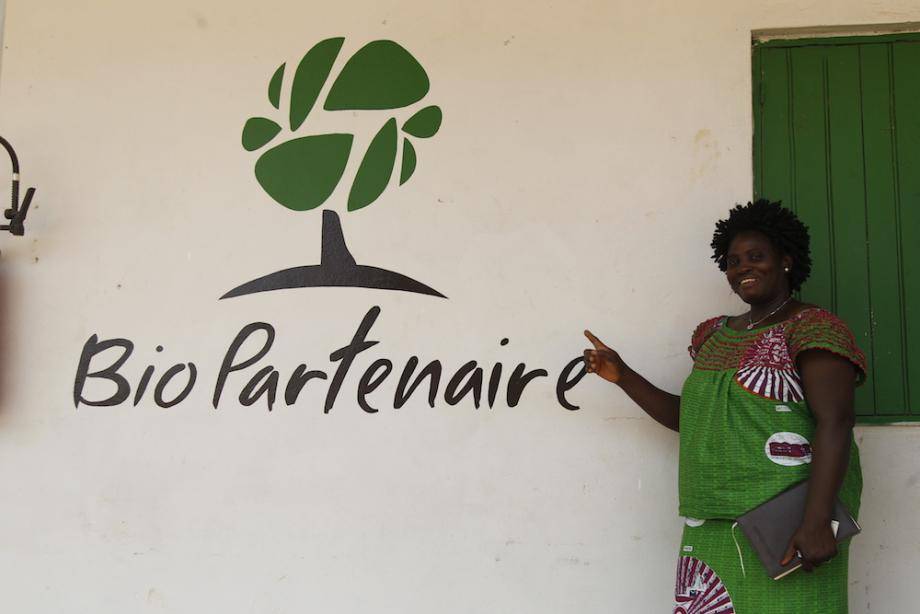
Biopartenaire, Barry Callebaut's direct sourcing company in Côte d'Ivoire is working together with 40,000 farmers across the country.
Working and engaging directly together with farmers - for a more sustainable future
Both in Côte d'Ivoire and Ghana, cocoa farmers are paid a price fixed by governmental bodies. Currently, farmers get FCFA 1100 or about CHF 1.80 (EUR 1.70) per kilogram of dried cocoa beans. Over the last years, Barry Callebaut continuously increased the share of cocoa directly sourced from farmers. Through our direct sourcing company “Biopartenaire” for example, we work closely together with about 40,000 farmers across Côte d'Ivoire. Having our own staff at Biopartenaire gives us some key advantages: First and foremost, we can achieve a fully traceable cocoa bean supply: we can track each bag of cocoa from the single farmer up to our warehouse. Secondly, Biopartenaire serves as a platform to implement our various farmer services.
These services are key to implement our sustainability activities as well as best practices. Through a business partner model, participating cocoa farmers can get for example:
- Farmer training, including introduction in good agricultural practices
- Farmer support in the form of premiums, fertilizers, planting material or business skill courses
- Farmer financing like access to micro-financing or mobile banking solutions
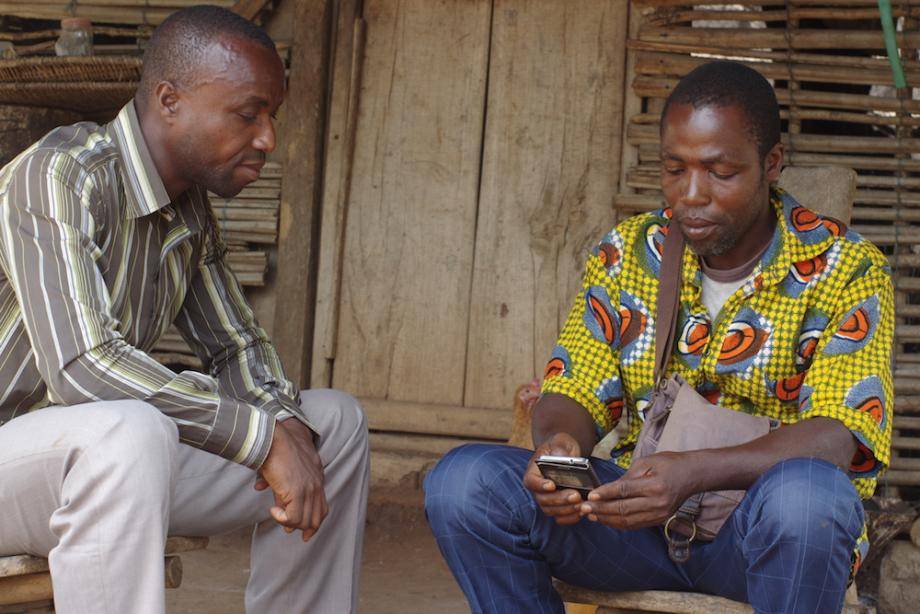
A Biopartenaire Village Coordinator working with the Katchilè smartphone app - real-time data as an important element for fully traceable cocoa beans.
Recently, we started rolling out a farm data management system called “Katchilè” (meaning 'Change' in the local Baoulé language) across 65,000 farmers in Côte d'Ivoire. This cloud- and mobile phone-based data management system allows us to be in contact with farmers in real time - from the moment the cocoa farmer is selling to us the cocoa beans until offloading them in one of our four big warehouses in the country.
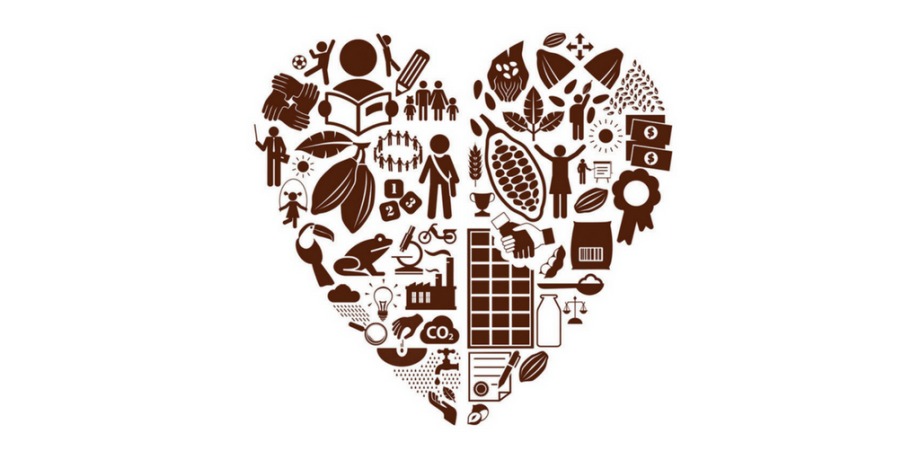
Forever Chocolate - our four bold targets to make sustainable chocolate the norm
With all our programs and initiatives on the ground in Côte d'Ivoire, the majority of the cocoa sourced by Barry Callebaut is already sustainable, is sourced under the UTZ, Rainforest Alliance, organic or Fairtrade certified labels as well as coming from our own sources like Biopartenaire or Cocoa Horizons. In total, 23% of our cocoa sourced globally is sustainable. However, we want to go way further than this, also given the still significant challenges we have to overcome. This is why we just announced a new sustainability strategy. We have committed to four bold targets, all of them closely interconnected and answering the current supply chain challenges. We expect to achieve all of them by 2025.
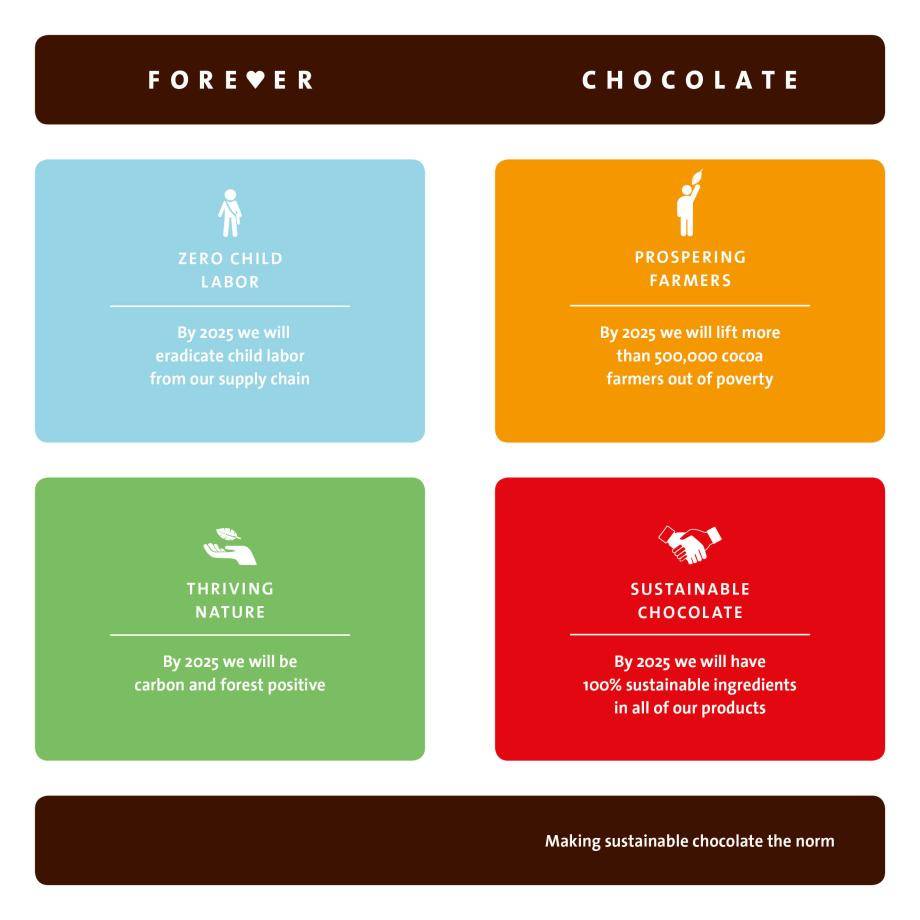
Forever Chocolate - Barry Callebaut's comprehensive sustainability strategy that addresses the key sustainability challenges in the chocolate supply chain.
By 2025:
- We will eradicate child labor from our supply chain
- We will lift more than 500,000 cocoa farmers out of poverty
- We will become carbon and forest positive
- We will have 100% sustainable ingredients in all of our products
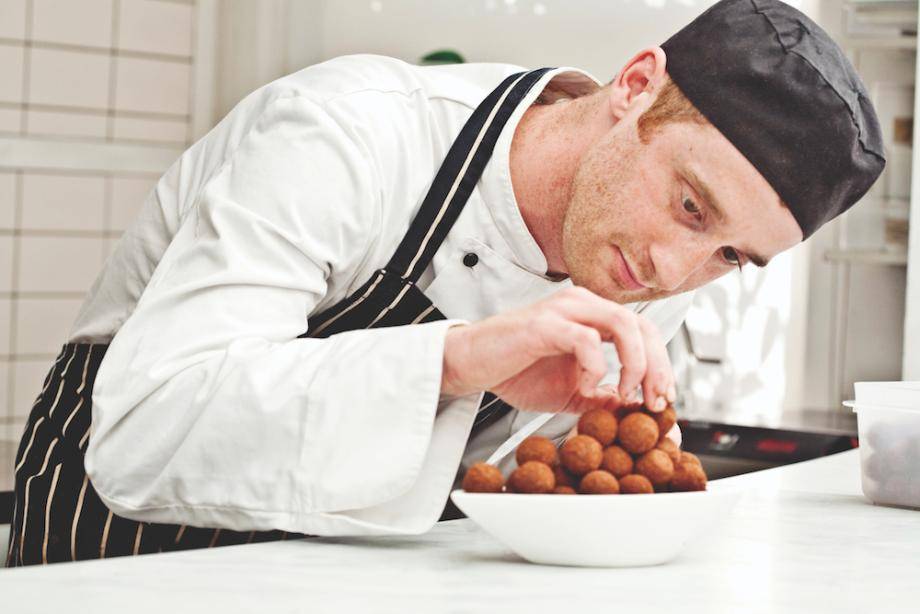
Our new strategy's name is program: Forever Chocolate. We want to start a movement, with all stakeholders in the cocoa supply chain - from the farmers up to the chocolate lovers all around the world. We might not have all the answers yet how to solve all challenges. But we already started new initiatives to reach the goals such as the implementation of a Child Labor Remediation Monitoring System together with the International Cocoa Initiative (ICI).
Sustainability has been on Barry Callebaut's business strategy for many years. Forever Chocolate is the next phase - more ambitious, with clear, measurable targets as well as timelines.
As the task is too big for any organization alone, we happily invite all of you to join the 'Forever Chocolate' movement - be it as a cocoa farmer in an origin country, a customer of ours, an NGO or Government, but also as a happy chocolate consumer!
You can also contact us at [email protected]!
This story is a summary of a press trip Barry Callebaut conducted with 10 journalists in Côte d'Ivoire from October 21 until 24, 2016 during which the new sustainability strategy 'Forever Chocolate' has been revealed.
